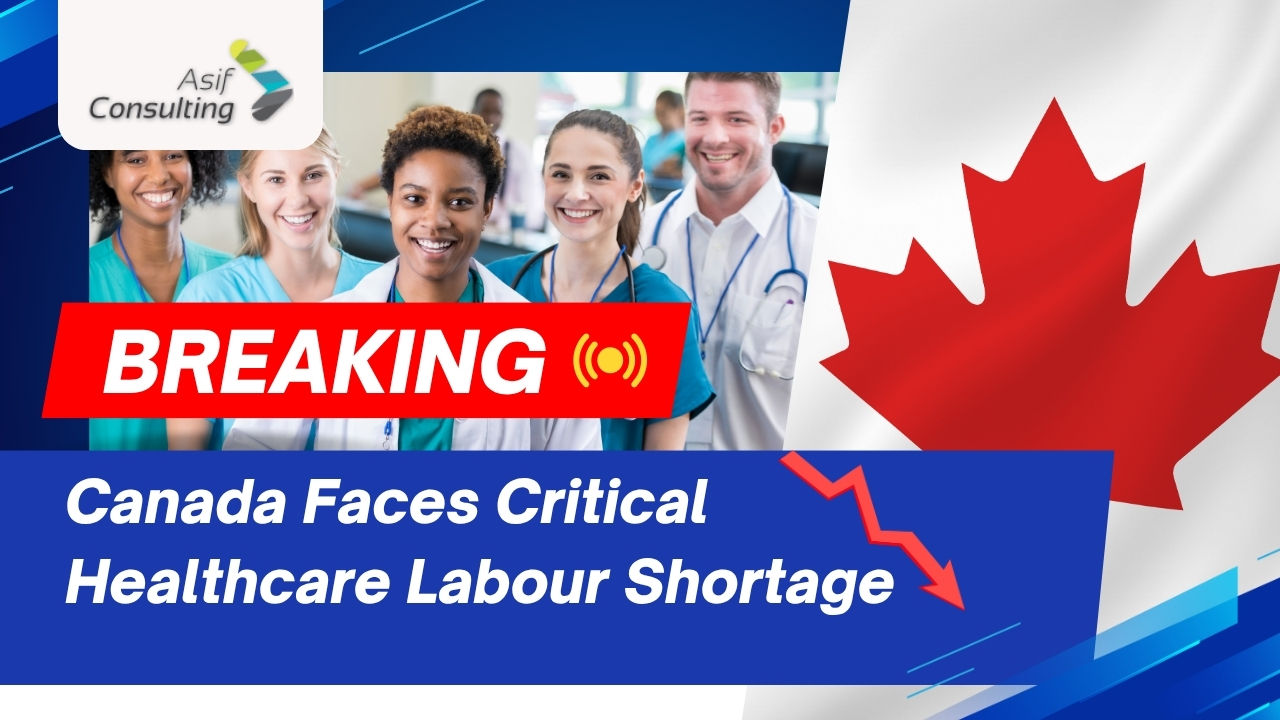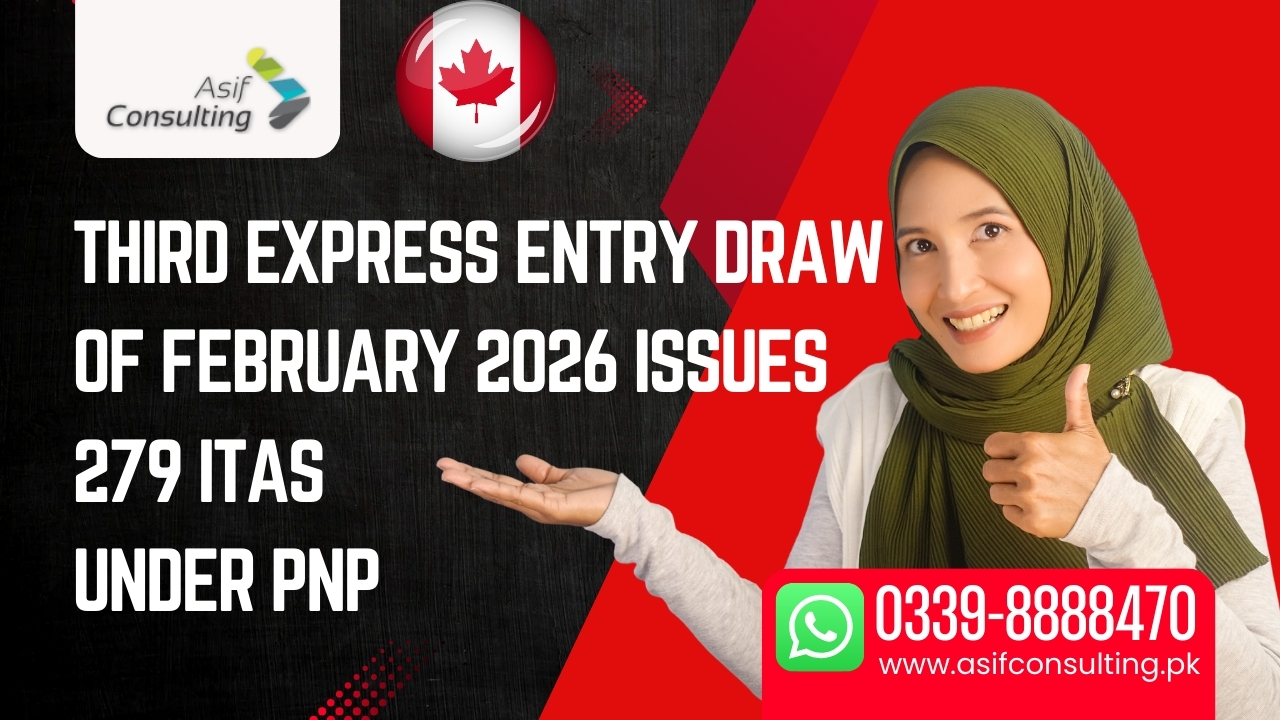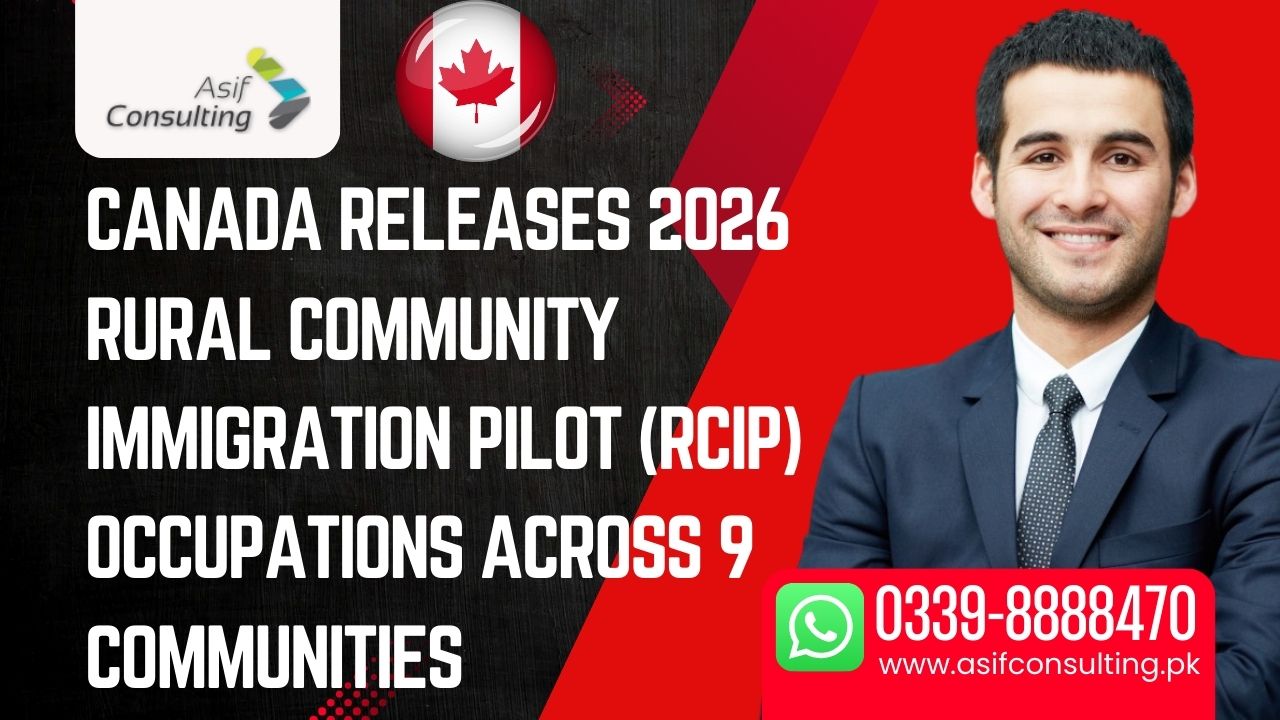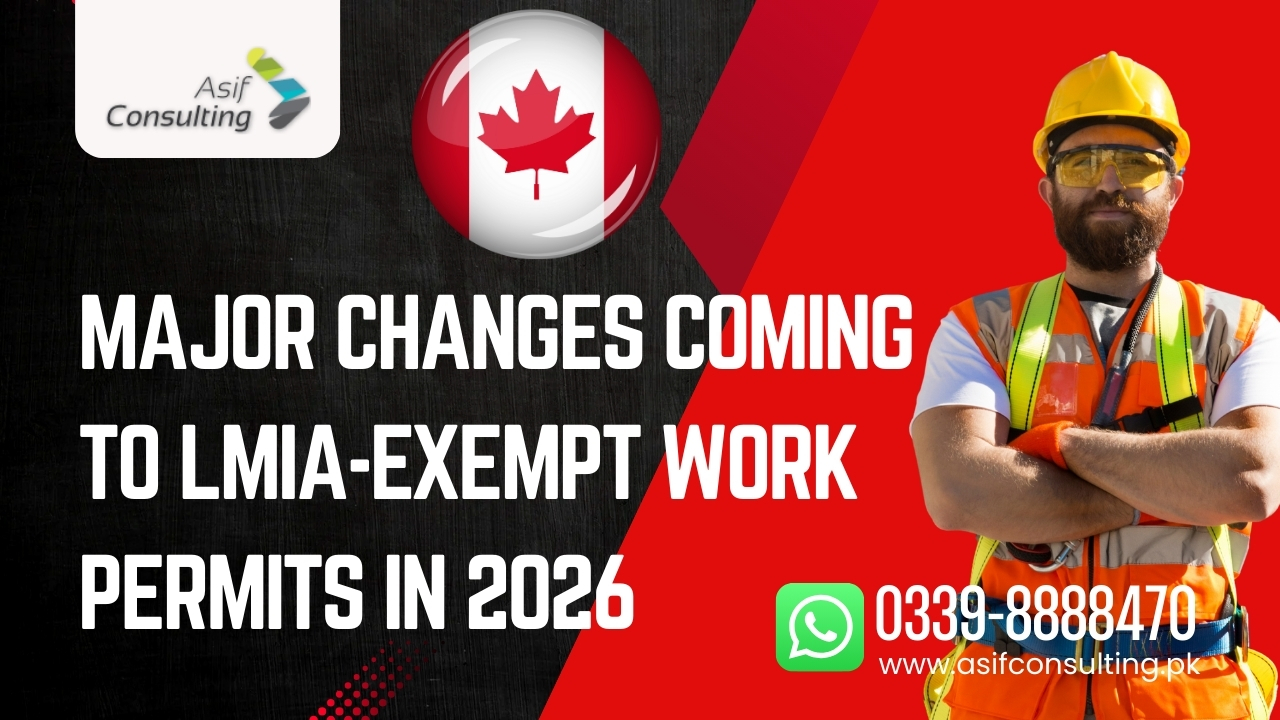Canada Faces Critical Healthcare Labour Shortage
Canada’s healthcare system is facing a deepening Healthcare Labour Shortage as thousands of professionals approach retirement age and the demand for medical services continues to rise. Policymakers are now turning to immigration as a key strategy to bridge this growing gap.
Aging Workforce Driving the Shortage
According to recent data from the Government of Canada, more than 420,000 healthcare workers are over the age of 55, many of whom are expected to retire within the next decade. This demographic shift is putting immense pressure on hospitals, clinics, and long-term care facilities across the country.
Currently, immigrants form a substantial part of Canada’s healthcare workforce, accounting for:
- 25% of registered nurses
- 37% of physicians
- 43% of pharmacists
- 45% of dentists
- 61% of dental technologists and related occupations
These figures underscore the essential role that internationally trained professionals already play in keeping Canada’s healthcare system running.
Immigration Programs Targeting Healthcare Talent
To address the growing shortage, the Immigration, Refugees and Citizenship Canada (IRCC) has implemented several initiatives designed to attract, recruit, and retain healthcare professionals from around the world.
Express Entry – Category-Based Selection
In 2023, Canada introduced category-based draws under its Express Entry system, prioritizing candidates with experience in healthcare occupations. Professions such as physicians, nurses, dentists, physiotherapists, and optometrists have been among the targeted groups.
This focused approach allows qualified healthcare professionals to receive faster invitations to apply for permanent residence, ensuring that their skills are quickly integrated into Canada’s healthcare workforce.
Supporting Displaced and Refugee Healthcare Workers
The Economic Mobility Pathways Pilot (EMPP) has emerged as another effective avenue for healthcare recruitment. This innovative program enables skilled refugees and displaced individuals to immigrate to Canada and contribute their medical expertise.
Over 50% of EMPP applicants have backgrounds in healthcare support roles, including nurses’ aides and patient service associates — positions that are currently in high demand nationwide.
Easing Credential Barriers for Internationally Educated Professionals
Recognizing the challenges faced by internationally educated health professionals (IEHPs), the federal government has invested more than $90 million through the Foreign Credential Recognition Program (FCRP).
This funding supports initiatives such as:
- Credential assessment and recognition
- Paid work placements and wage subsidies
- Mentorship and professional training programs
These measures are designed to streamline the integration of IEHPs into the Canadian healthcare system, helping them gain employment that matches their qualifications and experience.
A Call to Global Healthcare Talent
As Canada continues to modernize its immigration pathways, opportunities for qualified healthcare professionals have never been more accessible. The federal government’s targeted programs reflect a clear message — immigration is not just an economic policy but a vital healthcare strategy.
Contact Asif Consulting
If you are a healthcare professional seeking to build your career in Canada, or an employer aiming to recruit international talent, Asif Consulting can guide you through every step of the process — from eligibility assessment to visa application and settlement support.
Contact ustoday for a personalized consultation.






